
Black Panther Party artist Emory Douglas was one of twelve people who contributed in a panel for the Oakland Palestine Solidarity Mural – If the Tree Knew. Source: Mondoweiss/Henry Norr
“Solidarity with #Ferguson. Remember to not touch your face when teargassed or put water on it. Instead use milk or coke!” tweeted Ramallah-based Mariam Barghouti in 2014. When protests of the police murder of Michael Brown in Ferguson, Missouri, were brutally repressed by the National Guard during the first wave of the Black Lives Matter Movement, Palestinians like Barghouti took to Twitter to advise U.S. protesters on how to deal with the tear gas unleashed on them.
After all, the tear gas used on Palestinians in the Occupied Territories is made in the United States. This moment, and countless expressions of solidarity since, have reignited ties between the Black and Palestinian struggle for freedom.
Following World War II and the creation of the United Nations, the United States assumed a disproportionately large role influencing geopolitical affairs around the world. It is little surprise that Black Americans — whose labor, technical expertise, intellect, and creativity played a large role in generating the wealth that enabled the United States to become a global superpower — felt compelled to speak on U.S. foreign policy.
The rise of the Civil Rights and Black Power Movement brought a rich variety of perspectives for organizing and agitating — including a revival of Black internationalism. Although this chapter of the Black Freedom struggle is often viewed through a domestic lens, Black American activists drew inspiration from and influenced the burgeoning anticolonial resistance across Africa and the entire global South.
From the Rethinking Schools book, Teaching Palestine: Lessons, Stories, Voices. Read about three of the authors in an article by co-editor Adam Sanchez, Defenders of Israel Attempt to Silence Anti-Racist Educators in Philadelphia in the winter issue of Rethinking Schools magazine.

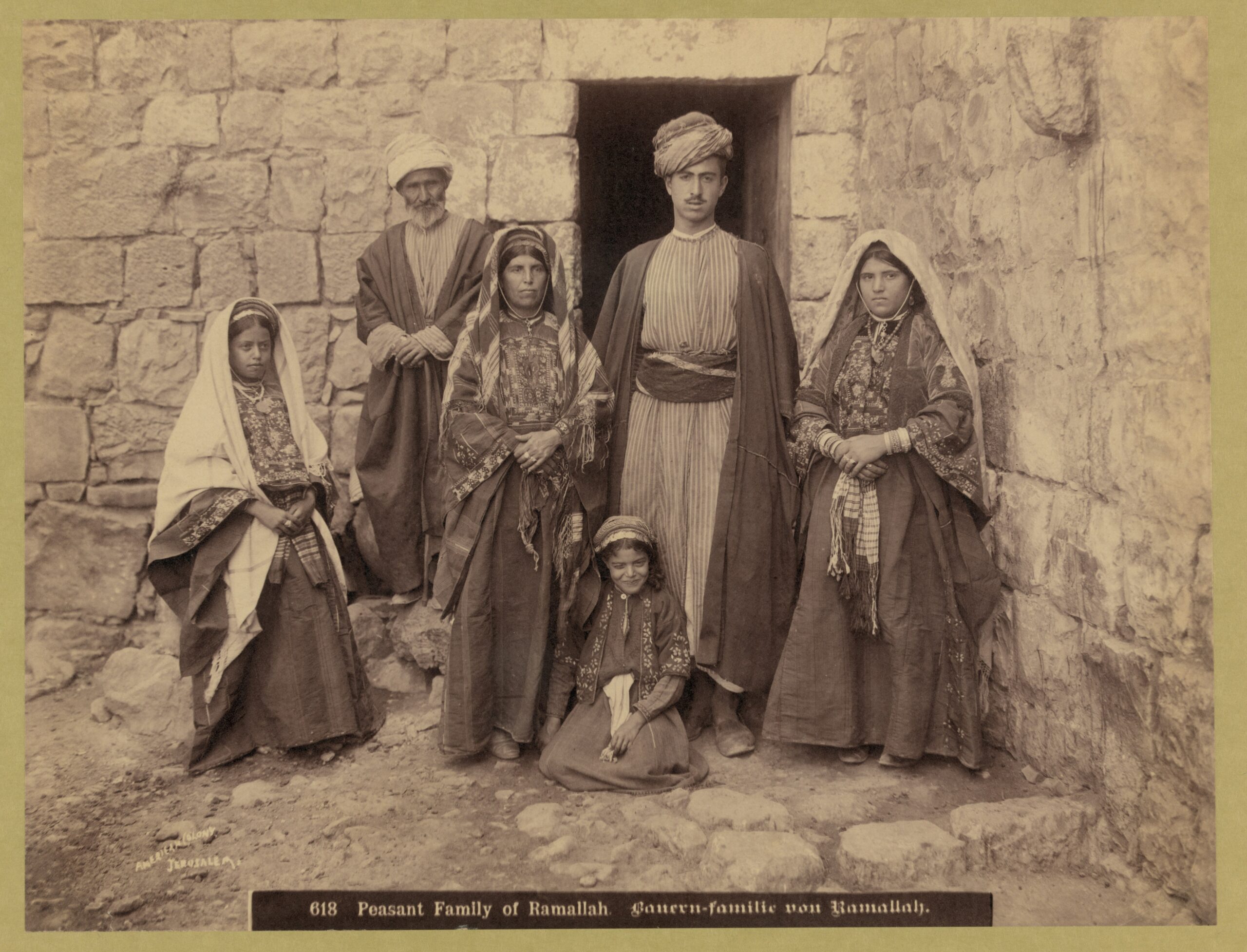
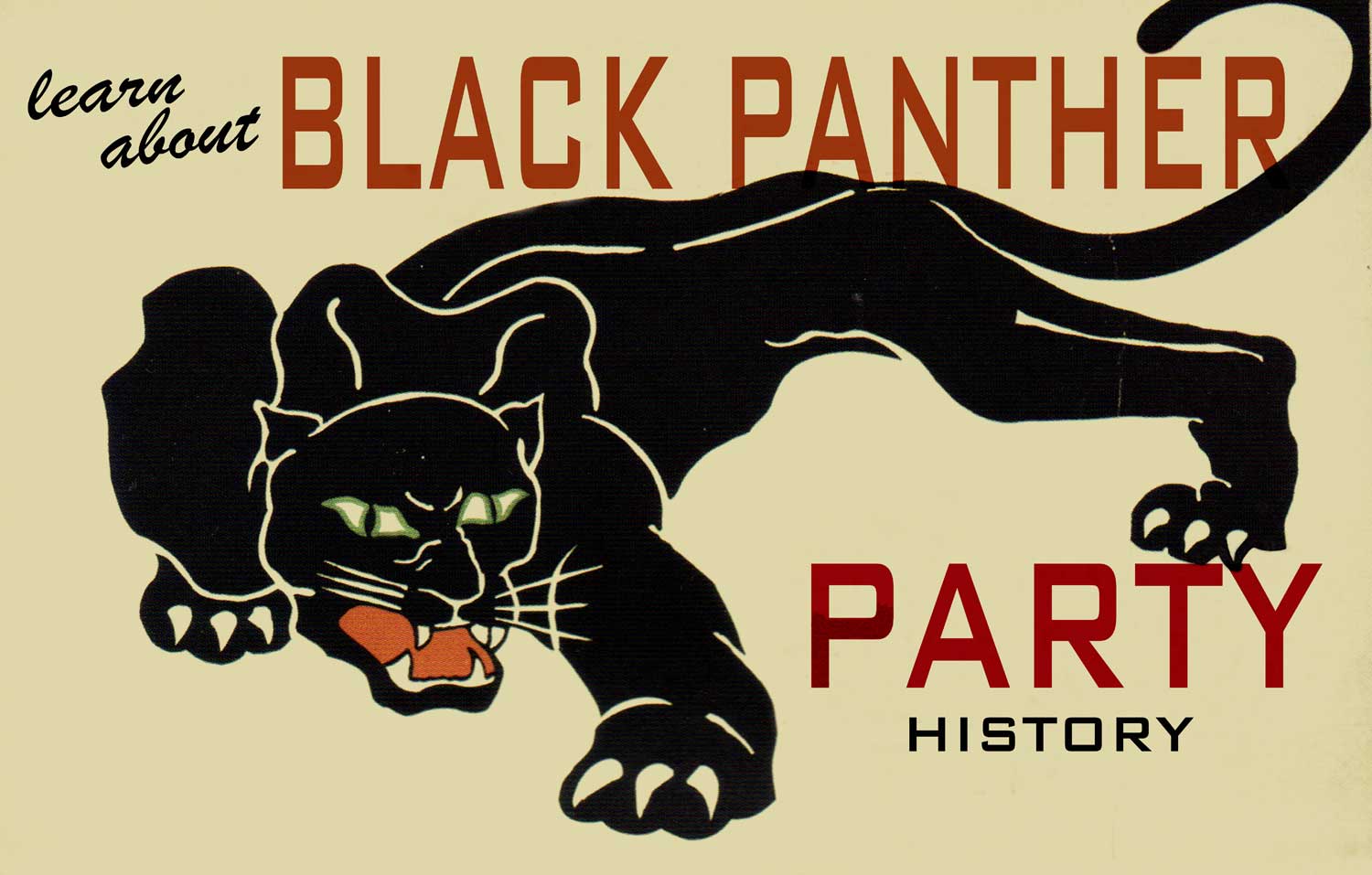
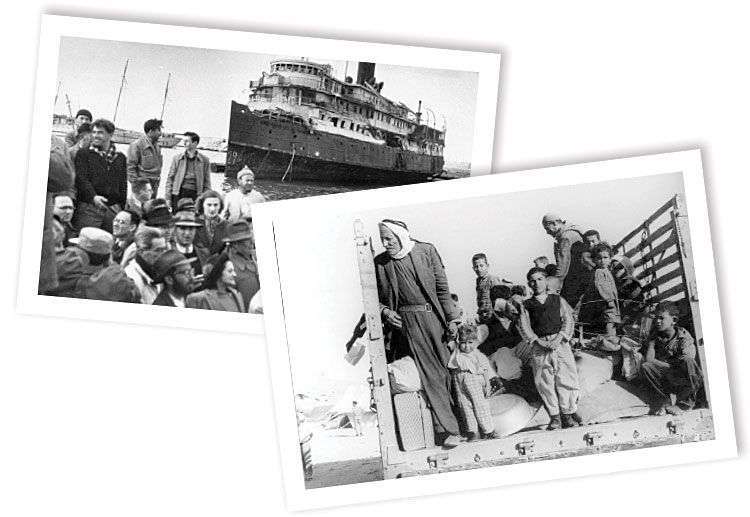
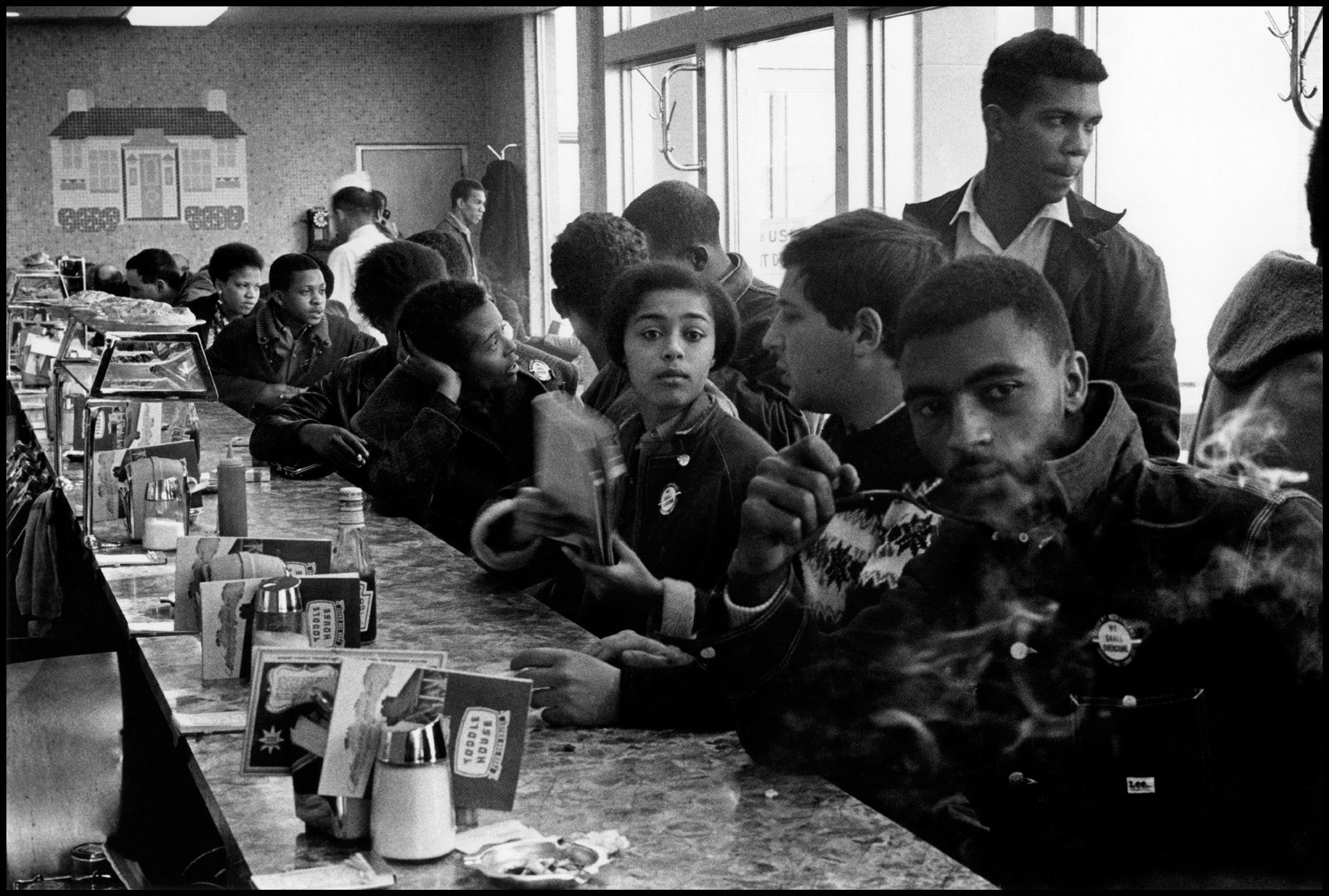

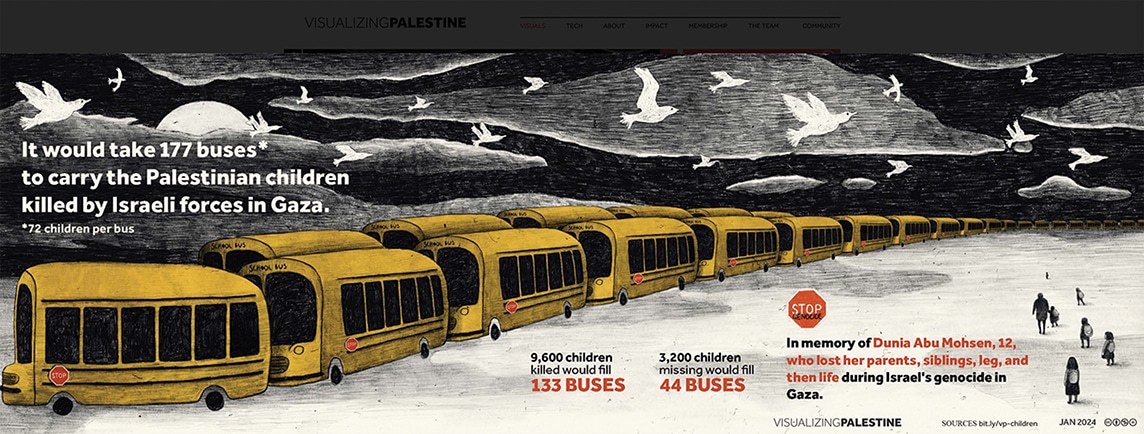

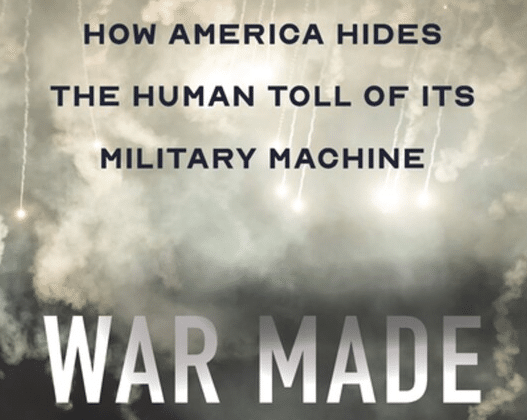
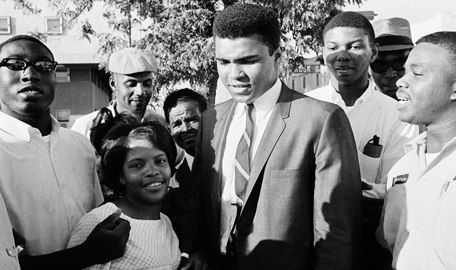
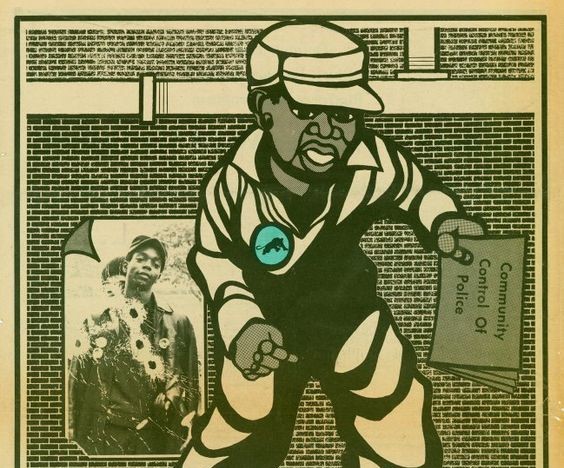







Twitter
Google plus
LinkedIn